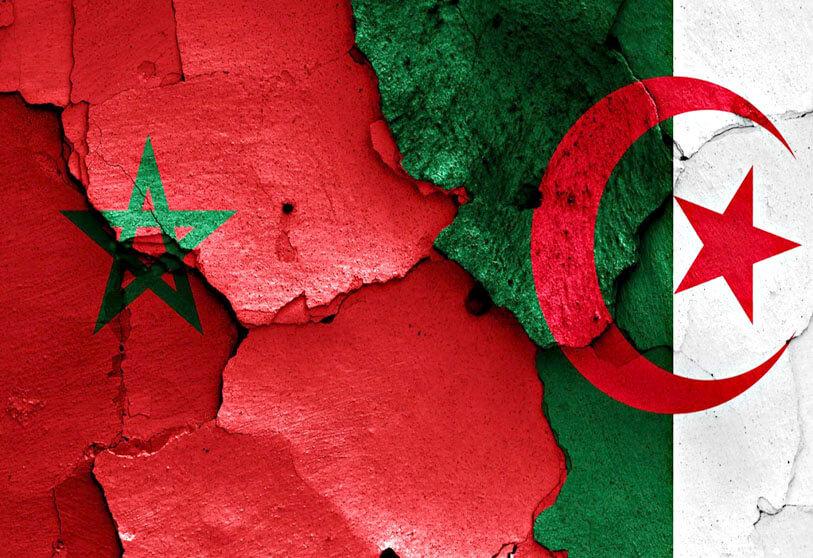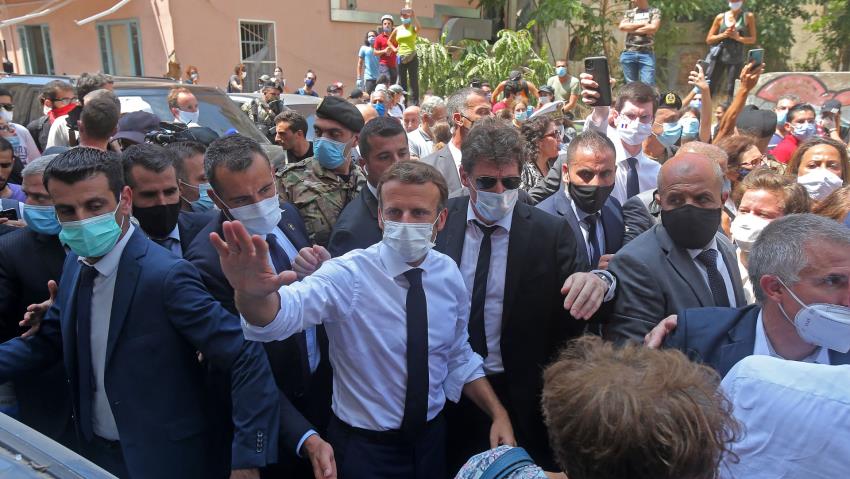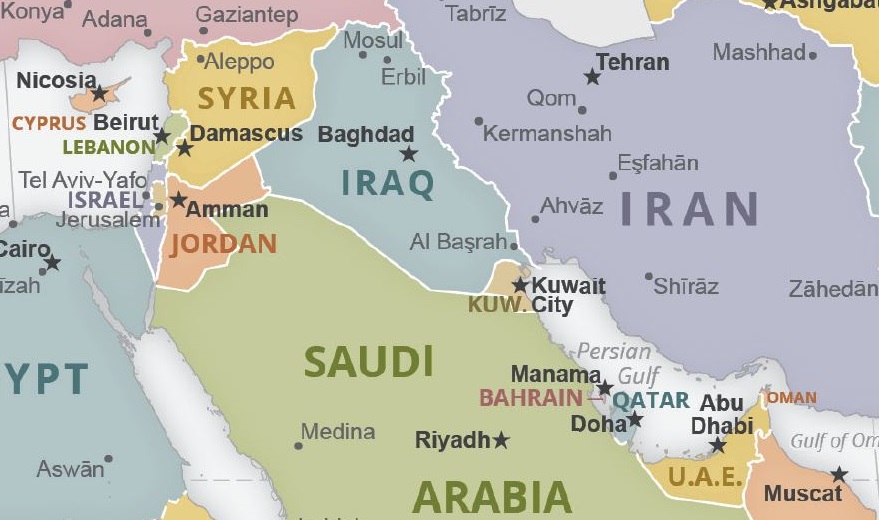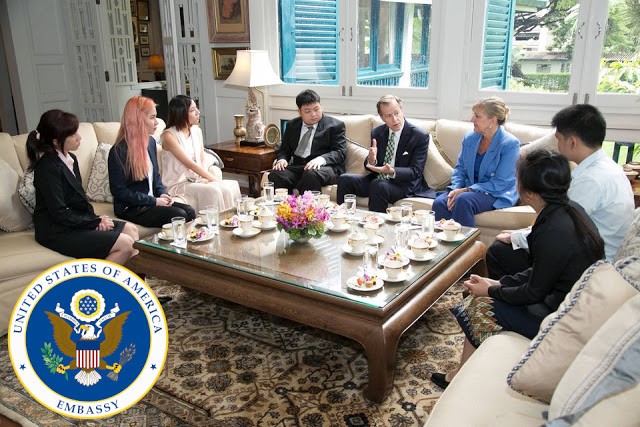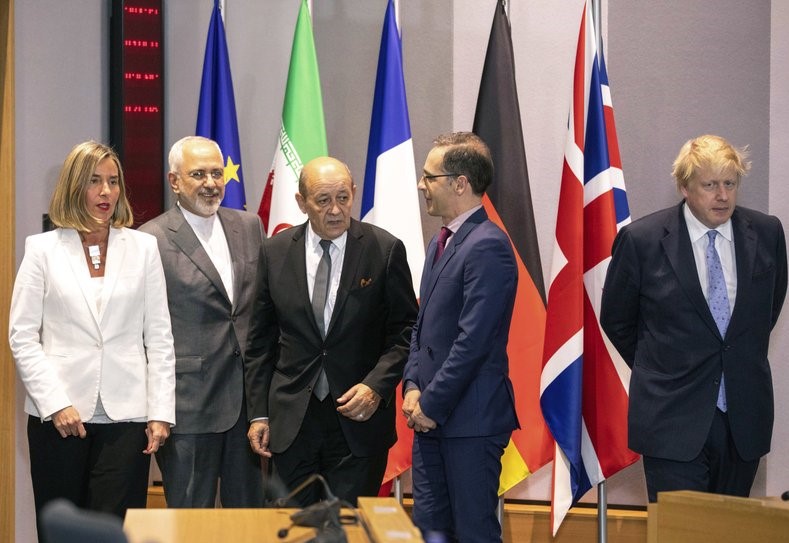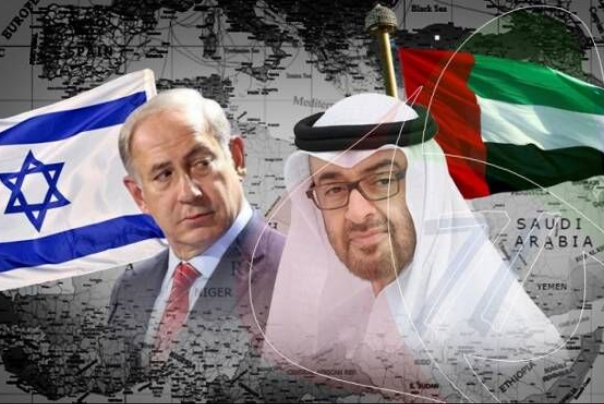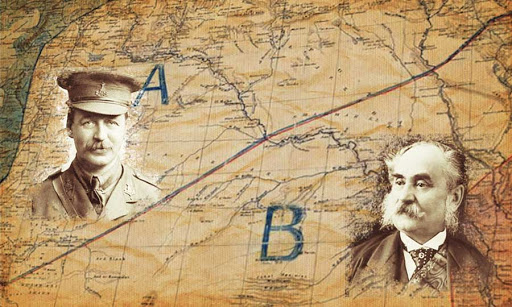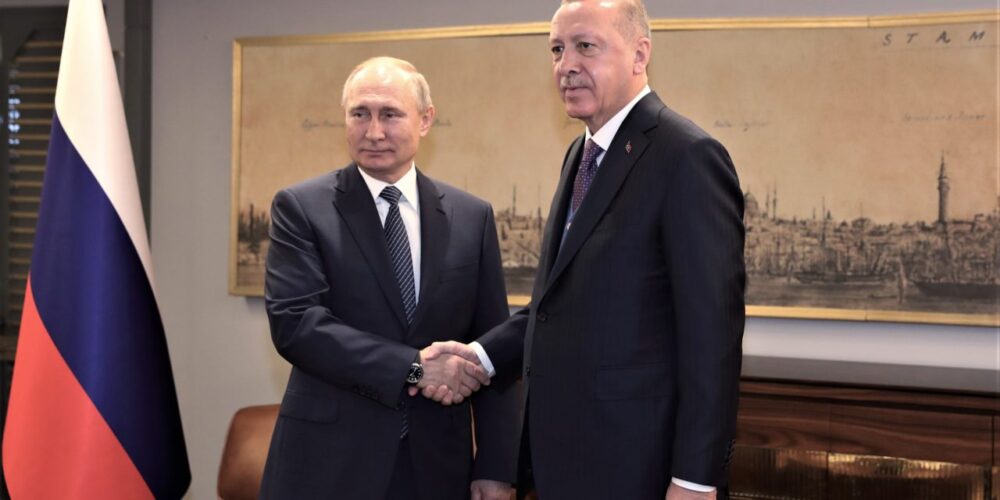How do the North American elections influence West Asia?
BY: Valeria Rodriguez PEJOURNAL - While there are conflicting positions in West Asia between Saudi Arabia, the United Arab Emirates, Iran and Qatar, there are likely to be some changes, but not substantive, in the United States' relationship with West Asia. The relationship with Israel is historic as it is considered a satellite state of the United States. With Trump's administration the relationship was practically carnal, the United States supported each of the violations of international law by Israel. Some examples of this were the transfer of the American embassy from Tel Aviv to Jerusalem, the Deal of the Century…

